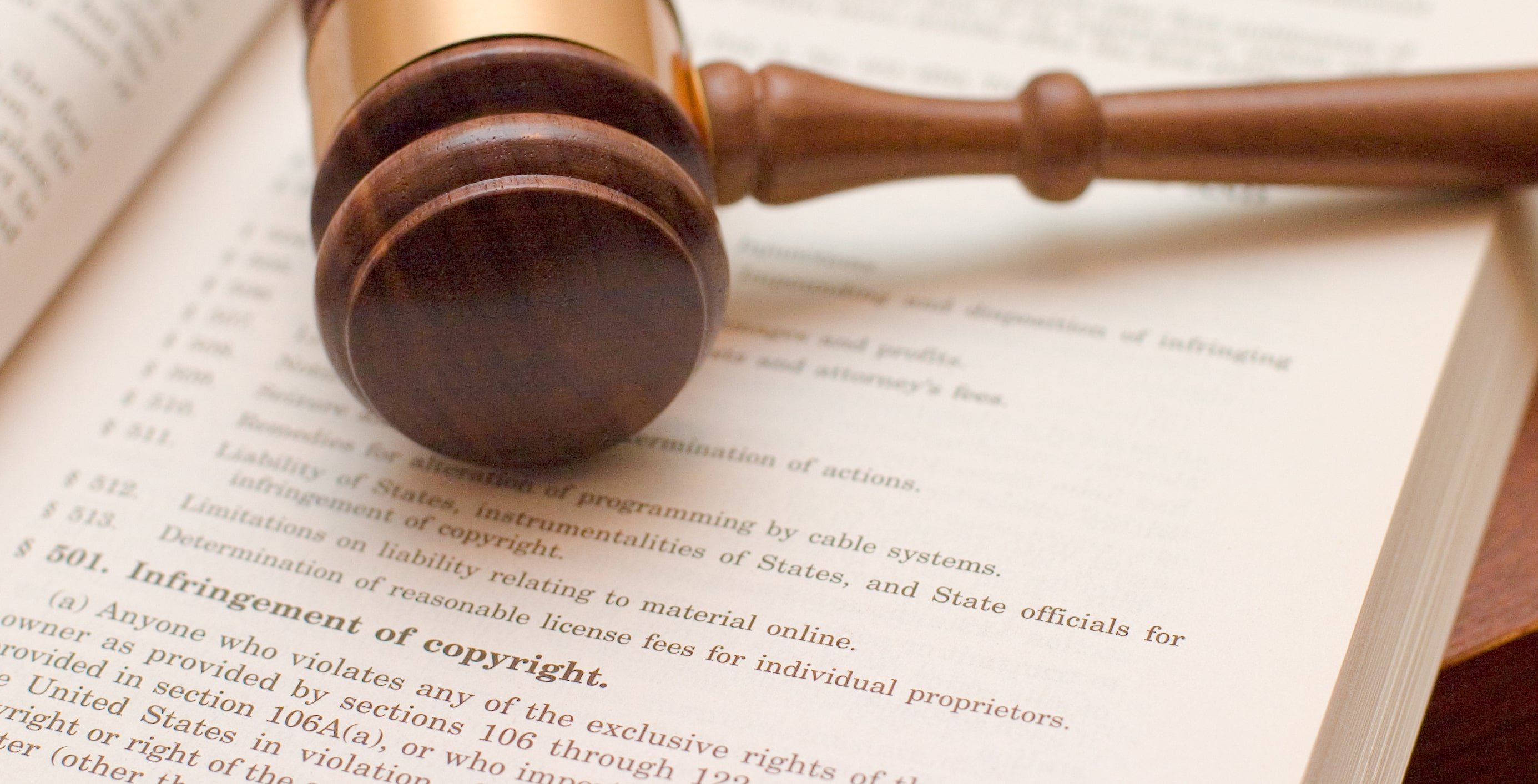Intellectual Property
At the core of every business is inspiration and ideation. In today’s modern business world, protecting intellectual property has never been more important. Our Sioux Falls intellectual property attorney can help our clients determine if and how to protect their ideas and intellectual property, and we can also implement strategies for helping them churn those ideas into money and value for their business. Most businesses overlook the existing value they already have at stake.
You should be empowered to understand this value and how to strategically handle your business’s intangible assets. Today’s business world is increasingly becoming a digitalized market environment. It’s crucial for businesses to adopt measures to protect and secure their digital assets and intellectual property rights. One of the biggest mistakes we see is business owners not taking proactive steps to protect their intellectual property. Timing can be everything, so don’t wait to learn about your opportunities and what you should be doing to protect yourself and your ideas.
Attorney Ryan Fargen is a registered patent attorney and licensed to practice before the United States Patent and trademark Office. Ryan provides business owners and inventors in South Dakota, Iowa and Minnesota with comprehensive guidance to protect their ideas, whether copyrights, patents, trademarks, trade secrets, social media law or other intellectual property matters.

Frequently Asked Questions
What exactly is Intellectual Property or IP?
The USPTO defines IP as creations of the mind in the form of creative works or ideas embodied in a form that can be shared or enable others to recreate, emulate, or manufacture them. The four major types are patents, trademarks, copyrights, and/or trade secrets. Each of these has some advantages or limitations, and some items can have multiple forms of protection. If you believe you have some protectable ideas or works, it is a great idea to speak with an intellectual property attorney who can help evaluate the best options.
Who grants intellectual property rights?
The United States Patent and Trademark Office or (USPTO) is the governing body of patents and trademarks in the United States. The U.S. Copyright Office, which is a part of (but separate department of) the Library of Congress, is the governing body overseeing copyrights in the United States. Trade secret protection is supported by statutes and laws of the United States to establish what is a secret, if it is being securely protected, and if another obtained the trade secret misappropriation or independent discovery.
What is a patent?
A trademark is a word, slogan, symbol, design, and sometimes a combination of these that will identify the source of goods and services. There are common law protections for trademark, but the ® mark is to denote a formal registration with the USPTO and lets you know it is protected across the United States of America. Trademarks are effective during their use in commerce and don’t have an expiration date if maintained and continuously used.
If I have similar business name to another, can I get a trademark?
It depends on how unique the goods and services are and who is using it first. You both may be able to coexist, but if you are trying to do the same services or sell the same goods and you have a very similar name or logo, the party who started later will likely prevail. But these are always very situation specific and worth looking into if you have a name or logo you love.
Can I inherit intellectual property rights?
Absolutely! Intellectual property rights are transferable, and in many cases these rights will or must survive the original owner. Patents have a duration up to 20 years, and the patent rights continue if the inventor passes away. Copyright has duration lengths that will exceed the creator’s life and are almost always assigned to or managed by the estate or heirs. Trademarks are valid if continuously used in commerce, so they are often tied to a business and will continue as long as the business maintains them. When the business interest transfers, the trademark will along with it. Trade Secrets are valid for the duration of the secret, and people often trust their family above all, so you may inherit the information behind the secret.
What is prior art in patents?
Prior art is the knowledge that is known at the time of your patent application. The important thing to understand, and potentially the largest risk to an invention’s patentability, is that you might be prior art against your own invention. The USPTO gives you 1 year from the first disclosure to file a patent application without deeming your disclosure to be prior art. This means you cannot start selling or advertising your invention before filing the application and it is important to understand that not all countries grant this 1-year grace period.
Related Expertise
Read Our Blog
We’re committed to providing value at every turn. Check out our blog page for helpful resources.



